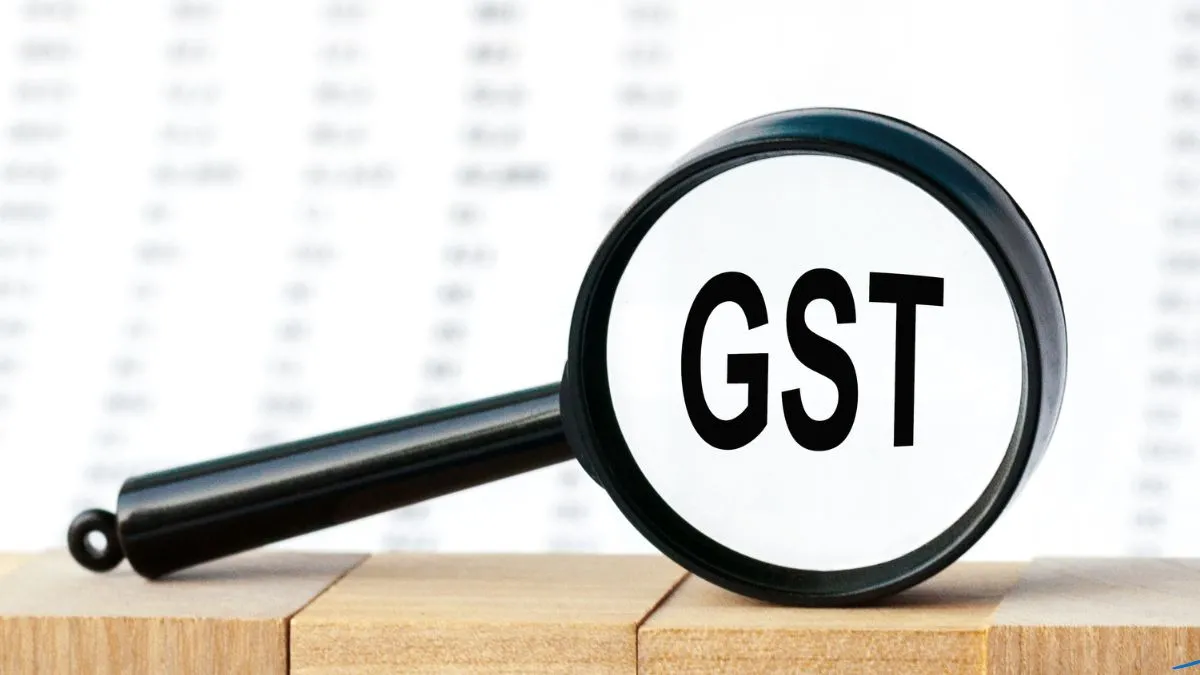- By Aditya Pratap Singh
- Mon, 09 Sep 2024 08:31 PM (IST)
- Source:PTI
GST Council headed by Union Finance Minister Nirmala Sitharaman on Monday decided to set up a Group of Ministers (GoM) to reduce the tax rate on life and health insurance and cut GST on cancer drugs and namkeens.
Briefing reporters on the outcome of the 54th GST Council meeting, Sitharaman said it has decided to have a Group of Ministers (GoM) to look into the GST rate on life and health insurance. The GoM will be headed by Bihar Deputy Chief Minister Samrat Choudhary, who is currently heading the panel on GST rate rationalisation.
Also Read: Bajaj Housing Finance IPO Fully Subscribed On Day 1; Retail Sector Receives 97% Bid
Sitharaman said that new members would be joining the GoM to look into GST on health insurance. The GoM will be submitting its report by October end, she said. The issue of taxation of insurance premiums had figured in Parliament discussions with Opposition members demanding that health and life insurance premiums be exempt from the GST. Even Transport Minister Nitin Gadkari wrote to Sitharaman on the issue.
Sitharaman in her reply to a discussion on the Finance Bill had said that 75 per cent of the GST collected goes to states and the Opposition members should ask their state finance ministers to bring the proposal to the GST Council.
Tax cut on cancer drugs
The GST Council in its meeting on Monday also decided to cut tax rates on cancer drugs to 5 per cent from 12 per cent and namkeens from 18 per cent to 12 per cent.
Sitharaman further said that a GoM will also be constituted to deal with the issue concerning compensation cess which will cease after March 2026. The Council also deliberated on the GoM's status report on rate rationalisation and online gaming.
The minister further said that a committee of secretaries headed by the Additional Secretary (Revenue) will be formed on the IGST which is currently facing a negative balance. It will look into ways to retrieve the money from states.
Speaking on the decision, Rakesh Kumar, Founder, Square Insurance said, "A reduction in GST on health insurance could significantly improve accessibility, especially for the elderly in rural India, where health insurance penetration is still low. Rural areas account for only about 14-15% of insured individuals, leaving a vast majority without proper financial protection in times of medical need. For senior citizens, this situation is even more dire, as they face higher healthcare costs but struggle to afford coverage due to the current 18% GST."
"By reducing the GST on health insurance, premiums could become more affordable, making policies accessible to more rural families and the elderly. This reduction would lower the financial burden on policyholders, directly benefiting vulnerable populations who often face out-of-pocket expenses when they can least afford them," he added.
"Additionally, rural regions often encounter barriers like complex policy terms and low awareness, which makes it difficult to attract new policyholders. Lowering the GST could not only reduce costs but also simplify the decision-making process, encouraging more families to opt for insurance coverage," he said.
"For elderly citizens, who frequently face higher premiums due to age, the impact of a GST reduction would be even more pronounced, enabling them to secure health protection during a stage of life when they need it the most. This measure could also support ongoing government efforts, such as Ayushman Bharat, in increasing the scope and effectiveness of healthcare access for the underprivileged," Kumar concluded.

